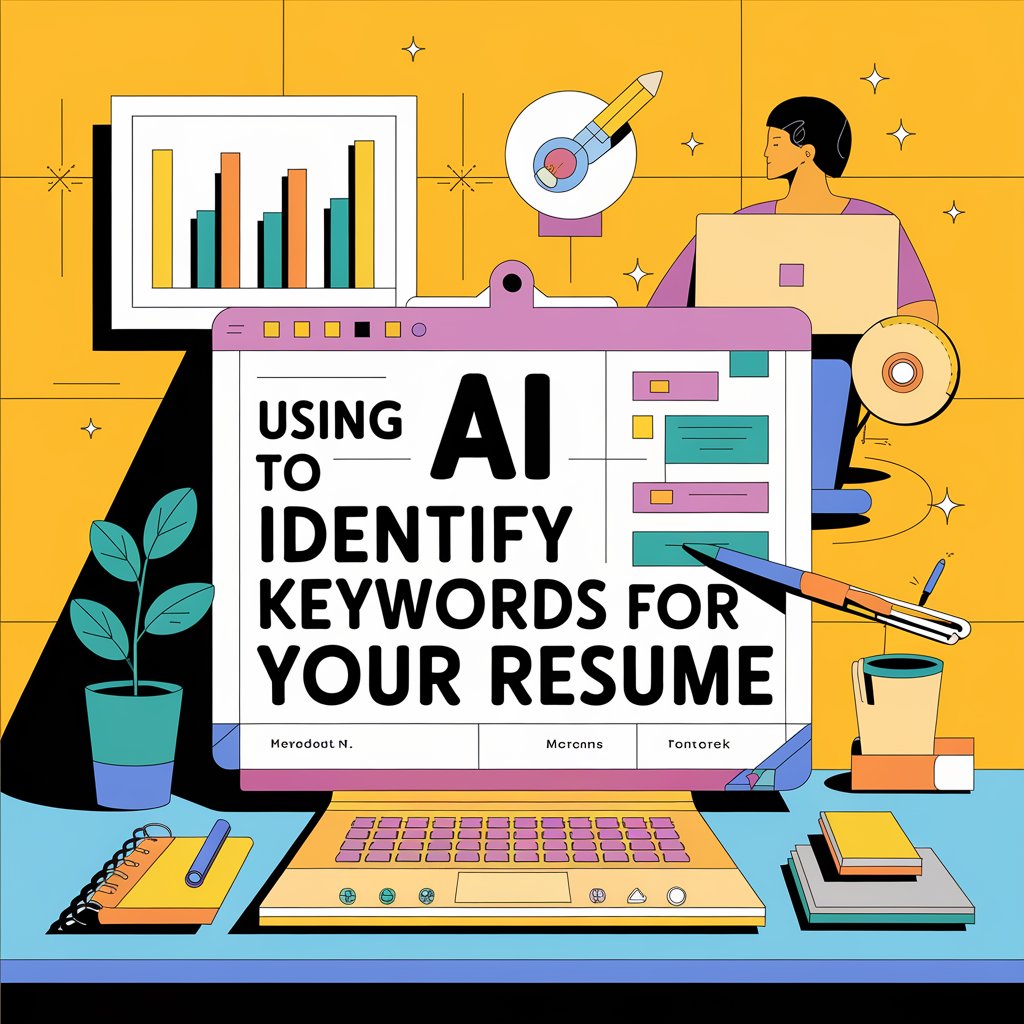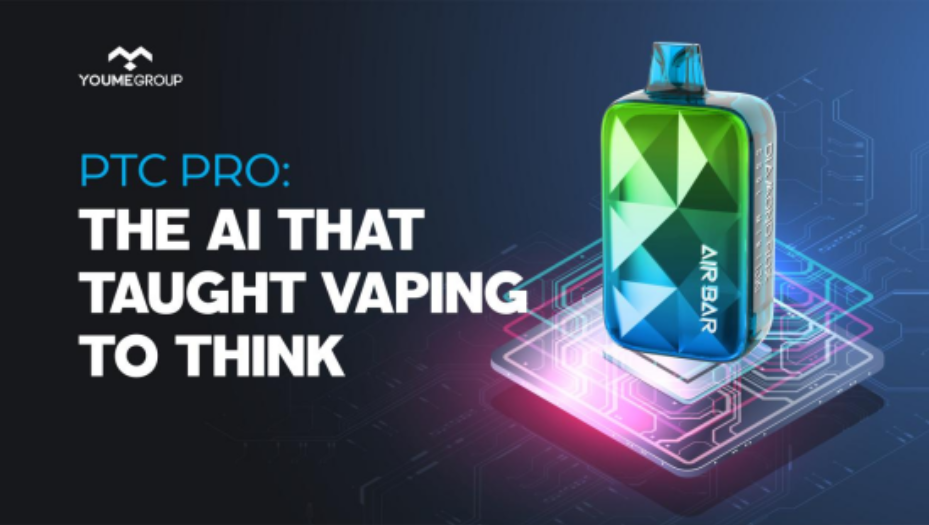In today’s job market, standing out from the crowd requires more than just a polished resume. Applicant Tracking Systems (ATS) have changed the game for job seekers. To maximize your chances of landing an interview, it’s essential to tailor your resume with the right keywords. This process has been simplified with the help of AI tools, which can identify the most relevant keywords that align with specific job postings.
Additionally, AI tools can assist in creating cover letters that complement your resume, such as an AI cover letter generator, which can ensure your application is optimized for both content and keyword placement. This article explores how AI can assist you in optimizing your resume with the best keywords.
Understanding Resume Keywords
Resume keywords are specific words or phrases that highlight your skills, qualifications, and experiences relevant to the job you are applying for. These keywords are often taken directly from the job description and used by ATS to filter resumes that match the job’s requirements. The more your resume aligns with the job posting’s keywords, the better your chances of passing through the ATS and reaching a recruiter.
Why Keywords Are Important
The use of keywords is crucial because many companies rely on ATS to sift through large volumes of resumes. These systems scan resumes for specific terms related to job titles, skills, and qualifications. If your resume lacks the required keywords, it might never reach a human recruiter, no matter how qualified you are. AI tools can help you identify the exact keywords that match a job description, improving your chances of getting noticed by ATS.
How AI Helps in Keyword Identification
Job Description Analysis
AI tools are designed to analyze job descriptions in detail. They extract the most important keywords from the job posting and compare them with your resume. By doing this, AI can suggest missing or underused keywords, helping you align your resume with the job requirements. For example, if a job posting mentions “project management” and “Agile methodologies,” but your resume only lists “team leadership,” an AI tool would suggest including the relevant keywords to improve your match score.
Optimizing Keyword Placement
It’s not enough to just include keywords in your resume; where you place them also matters. AI tools guide you in strategically placing keywords in sections like your professional summary, work experience, and skills list. This ensures that the keywords are highlighted in the areas that ATS and recruiters are likely to focus on. For instance, placing job-related keywords in your professional summary can give a strong first impression to both ATS and human reviewers.
Customizing for Each Job Application
AI tools allow you to customize your resume for different job applications. Every job posting is unique, and the keywords may vary even for similar positions. AI analyzes each job posting individually and provides recommendations for adjusting your resume to match the specific role. This personalized approach ensures that your resume is always optimized for the job you are applying for.
Integrating Keywords Effectively
AI tools can help you identify the core skills required for a job based on its description. For example, if you are applying for a marketing position, AI might highlight keywords like “SEO,” “content creation,” and “social media strategy.” Once you know the key skills, you can integrate them naturally into your resume by detailing how you applied those skills in previous roles. Be sure to avoid keyword stuffing, as ATS and recruiters can detect overuse of keywords.
Tailoring Job Titles and Responsibilities
Another benefit of using AI for keyword identification is that it helps tailor your job titles and responsibilities to fit the role you are applying for. Many job seekers overlook the importance of using job-specific titles and action verbs. AI tools can analyze the job posting and suggest ways to align your previous roles with the title and responsibilities of the position you are seeking. For instance, if the job title is “digital marketing manager” but your previous role was “marketing coordinator,” AI may suggest adjusting your title to reflect the responsibilities of a digital marketing manager, provided you have the relevant experience.
Advanced AI Strategies for Resume Optimization
In the previous section, we discussed how AI can help identify and place keywords effectively in your resume. Now, let’s explore more advanced strategies that leverage AI to ensure your resume stands out, both to ATS and human recruiters. These strategies focus on avoiding common mistakes and making your resume more engaging without sacrificing keyword optimization.
Avoiding Common Keyword Mistakes
Keyword Stuffing
One of the most common mistakes job seekers make is keyword stuffing. This is the practice of overloading your resume with keywords in an attempt to “game” the ATS. However, keyword stuffing can backfire. ATS algorithms are becoming increasingly sophisticated and can detect when keywords are being used unnaturally. Additionally, human recruiters may find keyword-stuffed resumes difficult to read and less engaging. AI tools can help you strike the right balance by ensuring that keywords are placed naturally and in context.
Using Synonyms and Related Terms
While it’s important to use the exact keywords from a job description, it’s also helpful to include synonyms and related terms where appropriate. For example, if a job description lists “project management,” AI tools might suggest related terms like “program management” or “team leadership.” This approach helps broaden the scope of your resume, making it more likely to match various searches conducted by ATS systems. AI tools can also identify industry jargon and suggest alternatives that may appeal to recruiters unfamiliar with niche terms.
Highlighting Achievements with AI
Quantifying Your Impact
Another way AI can enhance your resume is by helping you quantify your achievements. Many job seekers list their responsibilities without providing concrete examples of how they made an impact. AI tools can analyze your resume and suggest ways to quantify your achievements, such as adding percentages, dollar amounts, or time saved. For example, instead of saying “Managed a marketing campaign,” AI might suggest: “Managed a marketing campaign that increased website traffic by 30%.” These quantified results make your resume more compelling to recruiters and ATS alike.
Using Action Verbs
In addition to keywords, action verbs are essential for making your resume engaging. AI can recommend action verbs that best showcase your achievements and responsibilities. Words like “led,” “developed,” and “achieved” add impact to your resume and help convey a sense of accomplishment. AI tools can scan your resume for weak or passive language and suggest stronger alternatives, making your resume more dynamic and engaging.
Tailoring for ATS and Human Review
Ensuring Readability
While it’s important to optimize your resume for ATS, you must also ensure that it is readable and engaging for human reviewers. AI tools can analyze your resume’s structure and readability, suggesting improvements to make it more visually appealing and easier to scan. For instance, they may recommend using bullet points for clarity or breaking up long paragraphs to make the text more digestible.
Formatting for ATS Compatibility
Different ATS systems may interpret resume formats in various ways. AI tools can guide you in choosing the most ATS-friendly formats, such as plain text or simplified PDFs, while still maintaining a professional appearance. Avoiding overly complex formatting, such as images or tables, ensures that your resume is easily scannable by both ATS and human reviewers.
Conclusion
Using AI to identify the best keywords for your resume can greatly improve your chances of landing an interview. By analyzing job descriptions, optimizing keyword placement, and avoiding common mistakes like keyword stuffing, AI tools ensure your resume is both ATS-compliant and engaging for human recruiters. Additionally, AI can help you highlight your achievements and format your resume for maximum visibility.
Tailoring your resume with the help of AI ensures that you stand out in a competitive job market, making it easier to showcase your skills and qualifications to potential employers.






